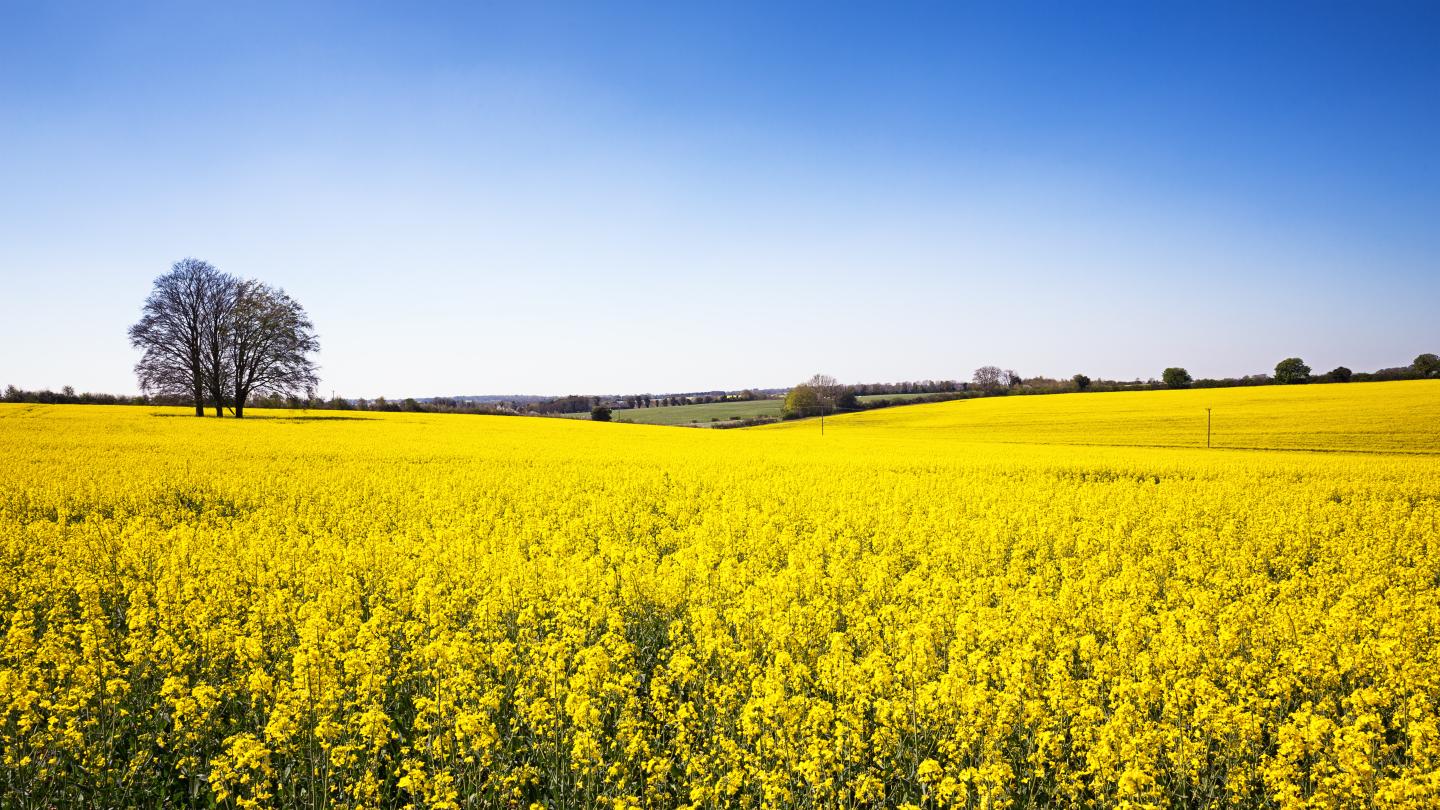
Thank you for continuing to subscribe to our monthly newsletter. We hope you continue to find the content useful and we welcome any feedback or suggestions on topics that you would like to see covered in future editions of the newsletter.
FAS technical advice line: 03000 200 301
- Key dates to be aware of…
- Forthcoming events
- How can we help you?
- Defra increases payment rates for 157 HLS options
- Up to £25,000 per application now open for farm equipment and technology grants
- Other funding application recently open
- 2 June 2025 is World Peatlands Day
- Celebrating Nature Friendly Farm Week
- Open Farm Sunday 8 June 2025
- Water Resilience
- Trees on Farm
- Where to see Natural England, CSF and Defra teams this summer.
- Updates from the Defra Farming blog and industry announcements
- Stay up to date with us
FAS User Survey 2025 closes for submissions; please complete the short survey to help us improve the service we offer.
In case you missed them...
If you hold a water abstraction licence, from 1 April the Environment Agency will generate and send you your annual bill (or first-part charge if you hold a two-part tariff agreement) for the forthcoming financial year (GOV.UK)
The burning season for heather, rough grass, bracken, gorse or vaccinium is:
• 1 October to 15 April in upland areas
• 1 November to 31 March in other areas.
(GOV.UK)
If you hold a winter or all year-round water abstraction licence (authorising abstraction outside the period April to October), the deadline for submitting water abstraction returns to the Environment Agency is 28th April (subject to the terms of your license). (GOV.UK)
If your farmland is located within a Nitrate Vulnerable Zone (NVZ), by 30th April each year you must make a record of:
- the numbers and type of livestock you kept in buildings or on hard standing during the previous slurry/manure storage period
- the dates for the start and end of use and locations of any field sites you use for storing solid manure.
You do not need to record the start and end dates for your use of field sites separately if you record them on your risk map. You must keep these records for 5 years. (GOV.UK)
Sustainable Farming Incentive update
Defra announced that those who started an SFI application within 2 months of 11 March 2025 but did not submit it by that date will be given 6 weeks to complete an application, subject to specific restrictions, including a cap of £9,300 per year per agreement.
Read the full update from Food Security and Rural Affairs Minister Daniel Zeichner.
Applications for the Farming Equipment and Technology Fund 2025 opened on 29 May. These must be submitted by midday on 10 July.
Information on application criteria and how to apply is available online. (GOV.UK)
For more details about the information provided in the key dates table, visit the Rules for Farmers and Land Managers and the relevant pages of GOV.UK.
Key dates for annual SFI declaration submission
To assist Sustainable Farming Incentive (SFI) agreement holders, the Rural Payments Agency (RPA) have outlined the opening and closing dates for the SFI annual declaration submission based on the start date of the agreement:
| Agreement start date | Declaration period opens | Declaration period closes |
|---|---|---|
| 1 June 2024 | 1 April 2025 | 31 May 2025 |
| 1 July 2024 | 1 May 2025 | 30 June 2025 |
| 1 August 2024 | 1 June 2025 | 31 July 2025 |
| 1 September 2024 | 1 July 2025 | 31 August 2025 |
| 1 October 2024 | 1 August 2025 | 30 September 2025 |
| 1 November 2024 | 1 September 2025 | 31 October 2025 |
| 1 December 2024 | 1 October 2025 | 30 November 2025 |
| 1 January 2025 | 1 November 2025 | 31 December 2025 |
Last Chance to Register: Innovate UK BridgeAI Fully Funded Workshop
Time is running out to secure your place at the Innovate UK BridgeAI workshop in London. Tailored to the agriculture industry, discover how AI can boost productivity, enhance efficiency, and increase profitability in your business.
Tuesday 10 June (10am – 4pm) Farmers Club, London, SW1A 2EL
The CSF Events page lists free local events around the country



Free and confidential advice
The FAS is funded by the Department for Environment, Food and Rural Affairs (Defra). We provide free, confidential advice to help farmers and land managers in England understand and meet the legal requirements in English law around certain farming activities to protect people, livestock and the environment. We update the farming sector on relevant government farming policy that is applicable in England and on the actions that can be taken to help farmers comply with the relevant regulations.
Our website hosts our previous newsletters, technical resources and webinars covering various topics in more detail.
Contacting the advice line:
Farmers requiring telephone advice can contact the FAS technical advice line on 03000 200 301, Monday to Friday, between 08:30 and 17:00. The Rural Services Helpline provides a single number for all FAS, Rural Payments Agency (RPA), Animal and Plant Health Agency, Natural England and forestry enquiries.
You can also email enquiries to advice@farmingadviceservice.org.uk. Our helpline team aims to respond to all telephone and email enquiries within one working day.
The advice given to individual farmers is confidential – we do not disclose any personal or individual information or data obtained during advisory activities.
You may have noticed the option to talk to our helpline team through LiveChat function on our website is no longer available. We are pausing this function for the time-being, but you can still talk to our helpline team by email or phone.

At the NFU Conference in February the Secretary of State promised farmers there would be an increase to the payment rates for a range of Higher Level Stewardship (HLS) options.
Defra have delivered on that by publishing how payment rates for 157 HLS options will rise, on GOV.UK and on the Defra Farming Blog.
Thousands of farmers will benefit from a £30 million boost to payments received for nature-friendly farming practices under the HLS scheme. This uplift recognises and rewards the vital role farmers play in restoring habitats and protecting England’s iconic landscapes.
£30 million is being invested to raise payment rates for 157 options so farmers in HLS agreements can continue to restore habitats, support rare species, preserve historic features and maintain traditional landscape features in our iconic countryside.
Payments will be automatically increased from December 2025. Agreement holders will receive remittance advice at that time showing their new total payment.
This funding brings the HLS payment rates closer to those offered under our Environmental Land Management schemes.
Defra have said “We are delivering on our promise to provide farmers and land managers with the support needed to help restore nature, which is vital to safeguard our long-term food security, support productivity and build resilience to climate change.”
Up to £25,000 per application now open for farm equipment and technology grants
Farmers across England are now able to apply for grants worth up to £25,000 each to invest in machinery that boosts farm productivity. From seed-planting robots that reduce labour costs, to slurry separator systems that bring down reliance on expensive fertilisers, the Government’s new round of the popular Farming Equipment and Technology Fund (FETF) will provide £46.7m to help farmers cut costs while increasing efficiency.
Applications for FETF grants opened on 29 May and will close midday on 10 July, with grants available for boosting productivity, managing slurry or improving animal health and welfare.
You can find out how to apply for FETF grants on this Defra Farming Blog post.
Investor Partnerships competition
Applications open on 2 June for the £5m Investor Partnerships competition, with government funding available to act as a catalyst to attract private investment, bring cutting edge technology to market and give farmers and food producers faster and more widespread access to state-of-the-art innovation. Applications will close on 2 July.
Defra opens grants under Farming Innovation Programme
Applications are now open for £25 million in funding through two competitions under Defra’s Farming Innovation Programme (FIP): Precision Breeding and Low Emissions’ Farming.
These grants will fund projects at all stages of the Research and Development lifecycle, with the potential to improve productivity and sustainability on farms across England.
Further details can be found on the Defra Farming Blog.
Grants open to trial new technologies on your farm
Applications are open for the new Accelerating Development of Practices and Technologies (ADOPT) competition. This grant intends to invest £20.6 million to support farmers to test new technologies on their own farms and bridges the gap between innovation and real-world application.
Read the Defra Farming Blog post to learn more about the ADOPT fund and how to submit an application.
2 June 2025 is World Peatlands Day
World Peatlands Day is a global event celebrated annually on 2 June to raise awareness about the importance of peatlands and how to manage them responsibly.
FAS have collaborated with the Defra Peatlands team to produce new resources on peatland managed on farms in England.
- Listen to the new FAS podcast on peatlands with Jordan Champ
- Read our new technical article on sustainable peatland management on farm.
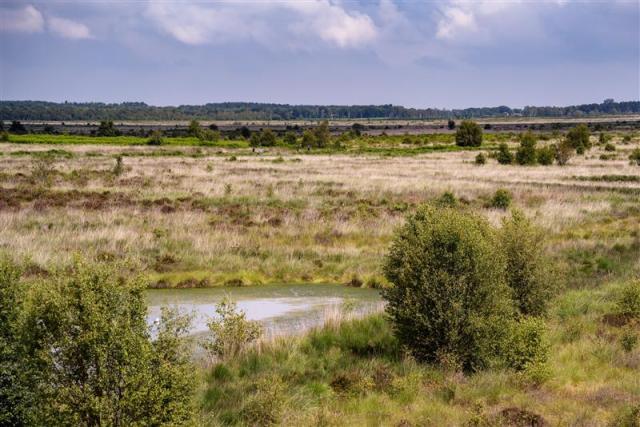
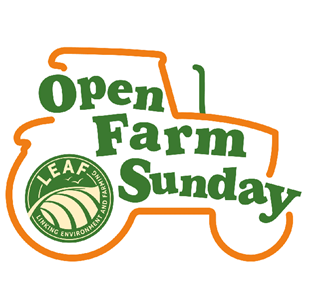
Visit a farm with friends and family
To find a farm to visit near you, head to www.farmsunday.org/visit-a-farm. Share your visit on social channels using #openfarmsunday and tell LEAF about your visit in their visitor survey.
Open Farm Sunday, farming’s annual open day, is a unique opportunity for the public to discover where their food comes from, how it is produced and to meet the people involved. It offers a platform for farmers to connect with the public, to share their farming stories, build trust in sustainably produced food and foster a deeper understanding of the challenges and successes faced by farmers across Britain.
It's not too late to take part!
Registrations to host an Open Farm Sunday event are coming in daily. Farmers keen to take part are encouraged to host a farm walk or open afternoon. To get started, take a look at our website www.farmsunday.org/open-my-farm and register your event free of charge.
If you have any questions or would like to talk through event ideas, contact the OFS team at LEAF (Linking Environment And Farming).
Volunteer at an event
Many farmers would welcome help on the day. If you can spare some time, contact a local host farmer and offer to help.
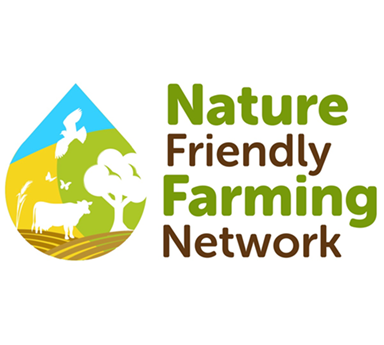
Celebrating Nature Friendly Farm Week
To mark #NFFWeek2025 on 19-25 May, Natural England joined the Nature Friendly Farming Network (NFFN) to highlight the wider benefits of nature-friendly farming and celebrate the great work being done by farmers across the country to tackle challenges head-on and build more resilient farms.
You can read the full article by Martin Lines, (CEO, Nature Friendly Farming Network) and Peter Craven, (Head of Agriculture, Natural England) here.
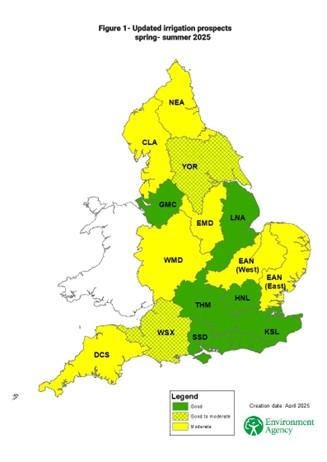
Environment Agency Updated prospects for irrigation – 2025 forecast
The Environment Agency (EA) has provided an update to the 2025 irrigation prospects for England. The prospects are expected to be in the range of GOOD to MODERATE for this spring and summer. This downgrade in prospects from GOOD since the initial forecast at the end of February reflects the dry March and early April. More information, including Area detail, is available at updated irrigation forecast for 2025.
Water Abstraction e-Alerts Update
Following the continuing dry weather experienced since February, the EA has reviewed the e-Alerts that have been sent out via the Water Abstraction e-Alert (WAA) system, part of the Managing Water Abstraction Service (MWAS) on GOV.UK.
These alerts help to improve access to water when it is there and protect the environment when it is not. The e-Alerts system is similar to the EA’s targeted flood warning service but considers water management also during periods of dry weather. It is one of the ways the EA supports abstractors to adapt to climate change.
This system provides Stop and Reduce notices, warnings to inform licence holders restrictions may be imposed and Resume notices. Around 74% of notices were sent to licence holders in the agriculture sector. The EA would like to thank everyone who has already signed up (over 12,000 abstractors) to the MWAS and encourages anyone who has not yet signed up to please do so. MWAS is not only for licences with ‘Hands-off’ conditions; it also allows abstraction returns to be submitted online and a licence summary to be viewed on a mobile device. Licence holders can also delegate access to someone else who can provide returns on behalf of the licence holder.
To register for an abstraction licence, please visit MWAS. For questions or assistance, please contact Waterabstracondigital@environment-agency.gov.uk. For those already registered, please ensure that your contact details are up to date on your MWAS account.
Water abstraction licensing: two-part tariff charge arrangement
If you hold a water abstraction licence which authorises abstraction for spray or trickle irrigation you may have a Two-Part Tariff (TPT) charge arrangement.
A TPT charge arrangement means the annual charge for a licence is calculated in two parts:
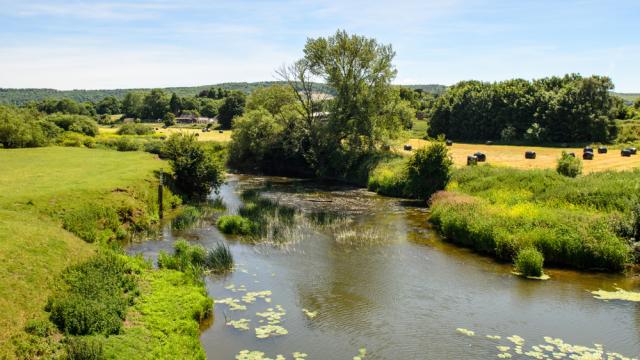
- A first part charge. The first part charge is 50% of the calculated annual charge, which is based on the quantity authorised to be abstracted under a licence, and payable in advance. The first part charge is billed at the time of annual billing.
- A second part charge up to a maximum of 50% of the calculated annual charge. The second part charge is payable in arrears and will usually be billed in the late summer/early autumn of the financial year following the financial year the charge concerns.
For further details of what this means for your farm, click here.
Case Studies from Local Resource Option Screening Studies now live
Over the past year, more than 100 farms across four regions in England took part in the 2024/25 programme, which identified a wide range of local solutions and received strong positive feedback.
You can now view case studies from last year’s LRO projects on the EA Water Hub. Local Resource Options - Join Our Community
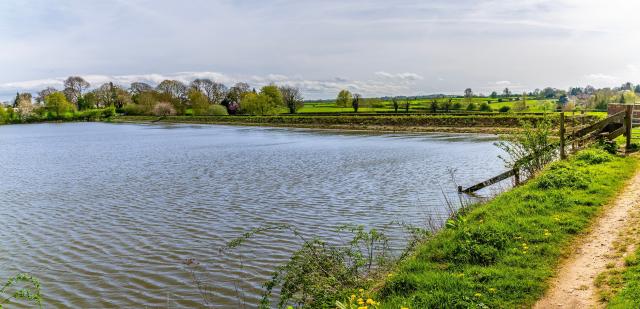
Managing a large raised reservoir
In England, a large, raised reservoir is defined in the Reservoirs Act 1975 (as amended) as a body of water that is capable of storing 25,000 cubic metres or more of water above natural ground level.
If you have large, raised reservoir on your land, click here for further details on compliance requirements, including requirements for panel engineers and how to find further support and guidance.
Trees on Farm
Should trees be planted within a productive farming landscape?
Mark Broadmeadow, Head of Climate Change at the Forestry Commission, recently published a new blog which explores whether woodland creation should avoid England’s best and most versatile agricultural land.
England faces the challenge of balancing food production with environmental goals. To meet the target of 16.5% woodland cover by 2050, an additional 250,000 hectares of trees must be planted – around 2% of England’s land.
The Forestry Commission prioritises planting on lower quality land and offers incentives through the England Woodland Creation Offer (EWCO) to do so. However, there are reasons why landowners might choose to plant trees on higher quality land:
- the land may no longer function effectively as best and most versatile land, as most of the land was surveyed decades ago
- small or awkwardly shaped plots may be uneconomical to farm
- woodland at the base of slopes can reduce runoff, pollution, and flooding
- regular flooding may render land unsuitable for agriculture, with forestry an alternative productive use of the land
- in areas with high fertiliser use, establishing woodland can help meet water quality targets
- trees can provide habitat corridors for wildlife affected by climate change
- agroforestry can diversify income, reduce erosion and support food production.
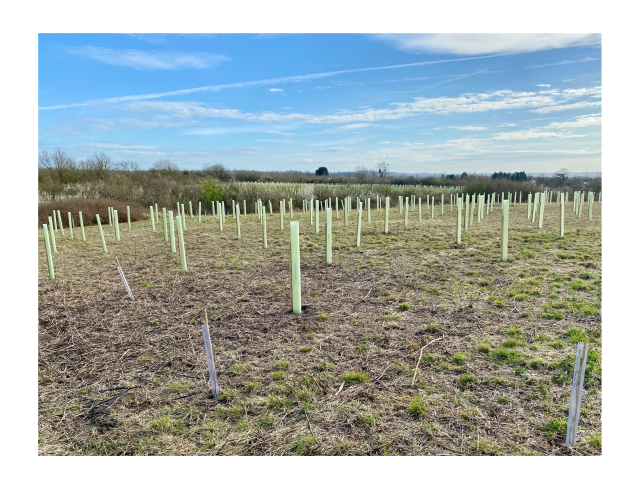
While the Forestry Commission aims to avoid planting on the best and most versatile land, even if they only planted on this land to meet the statutory tree cover target, it would cover 7% of that land in England. However, this scenario is unlikely. In 2021/22 and 2022/23, only 18% of new woodland was planted on the best and most versatile land. If this trend continued, it would reduce the area of such land producing food by just 1.3% by 2050.
Improving options for agroforestry, and encouraging woodland planting on less productive land, could further reduce the area of best and most versatile land taken out of food production.
Read Mark’s full blog here.
Agroforestry podcast: A new agroforestry mini-series has been released on Meet the Farmers Podcast in collaboration with the Forestry Commission. You can listen to all three episodes now.
Where to see Natural England, CSF and Defra teams this summer
Talk to Natural England and CSF about strengthening your business and the local environment
This year Natural England and Catchment Sensitive Farming (CSF) advisers will be on the ground at many events and shows to answer your questions and offer in-person advice.
Drop by at any of these events for an informal, no obligation chat with our trusted advisers:
- NSA North Sheep, 4 June 2025, Cumbria
- Cereals, 11-12 June 2025, Lincolnshire
- Groundswell, 2-3 July 2025, Hertfordshire
- UK Dairy Day*, 10 September 2025, Shropshire
- The Agroforestry Show, 10-11 September 2025, Hertfordshire
- The Dairy Show*, 1 October 2025, Somerset
- LAMMA, January 14-15 2026, Birmingham
- Dairy-Tech UK*, February 26 2026, Coventry
- Beef Expo*, April 26 2026, Cumbria.
*CSF only
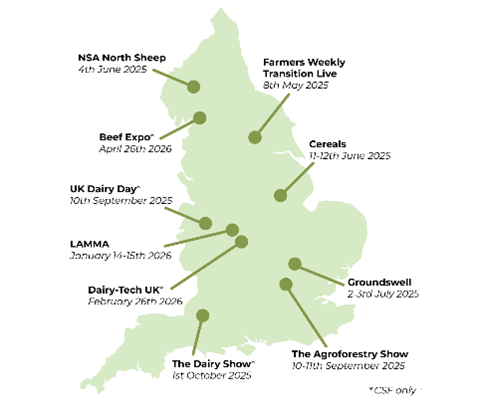
Natural England advises farmers and land managers on schemes and practices that benefit the environment, bolster sustainable food production, and drive economic growth. By participating in Environmental Land Management (ELM) schemes, farmers can access support and resources to help them thrive in an evolving agricultural sector that values both productivity and environmental stewardship.
Natural England advisers will be on hand at the above agricultural shows to answer your questions, discuss how different elements of the ELM schemes can support your farm business and help protect your local countryside for future generations.
Throughout 2025, Natural England is offering:
- Pre-application support for farmers with expiring Countryside Stewardship Higher Tier (CS HT) agreements. CS HT offers payments for targeted actions that protect and improve the environment, such as creating wildlife habitats and maintaining traditional landscape features. CS HT will open for applications, in pilot form, this summer.
- Support and guidance to farmers, land managers and other organisations enrolled in Landscape Recovery schemes. Landscape Recovery funds large-scale, long-term projects aimed at restoring landscapes and enhancing biodiversity. It supports collaborative efforts among landowners to restore nature.
- Advice on how to maximise biodiversity across your land, your choice of woody plant species, how to connect woody habitats at a landscape scale and using natural processes to increase tree canopy cover. You can speak to our Tree Action Plan Delivery (TAP-D) advisers at The Agroforestry Show (10-11 September).
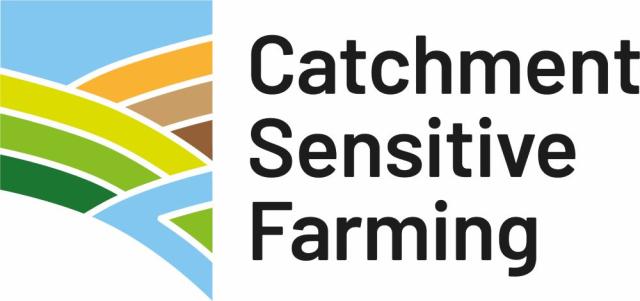
Catchment Sensitive Farming (CSF) offers advice and training to help farmers produce food in a way that protects local water, air and soil. All CSF advice is impartial, confidential and free for farmers. CSF also hosts local events for farmers across the country, such as workshops, demonstrations and farm walks.
Topics include:
- Nutrient, slurry and manure management
- Soil health
- Pesticide handling
- Natural flood management
- Reducing ammonia emissions
- Sustainable water use
- Guidance on farming schemes and regulations.
CSF also regularly attend ploughing matches and markets across the country, so keep an eye out for your local advisers there. Visit farmingadviceservice.org.uk/csf/events and gov.uk/natural-england to find out more.
Defra will be at various shows and events across the country this summer. For details on where to find their national events, visit defrafarming.blog.gov.uk/put-your-questions-to-us/


Defra regularly updates the Farming blog. Please subscribe to the blog to ensure you receive all the latest news.
Minister for Food Security and Rural Affairs update on the Sustainable Farming Incentive
The Minister for Food Security and Rural Affairs, Daniel Zeichner, gave an update on the Sustainable Farming Incentive (SFI) via a written ministerial statement to Parliament on 12 May 2025.
He announced that another c.3,000 applicants who had started a SFI application within two months of 11 March 2025, but had not submitted it by that date, will be given another six weeks to complete the application. This means that if they had started their application on or after 12 January 2025, they would still be able to apply. Defra will contact them to confirm if they are eligible and, if so, what the next steps will be.
More information can be found here: Written statements - UK Parliament
Bluetongue virus restricted zone to be extended to all of England on 1 July 2025
The Bluetongue Virus restricted zone will be extended from 1 July 2025 to cover the whole of England, ending movement restrictions for animals and allowing farmers to move cattle, sheep, all ruminants, camelids, throughout England without movement tests.
Bluetongue virus (BTV-3) is primarily transmitted by midge bites and affects cattle, goats, sheep, goats, deer and camelids such as llamas and alpacas. The impacts on susceptible animals can vary greatly – but in most cases seen since September 2024 clinical signs have been mild and animals have recovered.
Read more.
Voluntary carbon and nature markets consultation
This consultation expands on the UK government’s principles for Voluntary Carbon and Nature Markets (VCNM) integrity, launched by Kerry McCarthy MP, Minister for Climate Change at COP29 in November 2024. The consultation invites views on the implementation of the six principles, taking account their applicability in the context of varying maturity of carbon markets. The consultation closes at 11:59pm on 10 July 2025.
To take part, click Respond to consultation.
RABI partnership offers farmers and growers free two-year TIAH membership
The Royal Agricultural Benevolent Institution (RABI) has partnered with The Institute for Agriculture and Horticulture (TIAH) to offer a free two-year TIAH membership. Through this membership, farmers and growers can develop their expertise and plan more effectively for the future using TIAH’s resources and training.
Read more.
Councils to seize and crush fly-tipping vehicles to clean up Britain
On the 29 of April, Defra announced new reforms to crackdown on fly-tipping and clean up Britain’s streets, lanes and rural areas. Farmers have seen fly-tipping worsen in the last five years, with many experiencing large-scale dumping that threatens livestock, damages land and creates significant cleanup costs for farm businesses.
Councils will work with the police to identify, seize and crush the vehicles used by waste criminals. Drones and mobile CCTV cameras will be deployed to identify cars and vans belonging to fly-tippers so they can be destroyed. Ministers launched a rapid review to slash red tape and ensure fly tippers–not local councils–pay for the significant cost of seizing and storing these vehicles. This will save taxpayers money and deter offending.
The Environment Agency (EA) will also conduct identity and criminal record checks on waste operators in the sector and waste operators will face up to five years in prison for operating illegally.
These measures support the Government’s Plan for Change and will help deliver its key mission of Safer Streets for the public, restoring communities’ faith in efforts to combat anti-social behaviour. Read more about these new plans.
Defra regularly updates the Farming blog. Please subscribe to the blog to ensure you receive all the latest news.
Stop the Colorado beetle from damaging UK potato crops
The Animal and Plant Health Agency (APHA) is urging farmers to stay alert for the Colorado beetle (pictured). It is a serious pest that can destroy potato crops very quickly. The beetle isn’t established in the UK but a grower spotted it on a farm last summer. This was the first confirmed case in a UK crop since 1977. The quick report has helped APHA act fast to contain and remove the pest.
UK growers produce over two-thirds of the potatoes we eat. The sector is worth more than £1 billion, so it’s vital we protect it. Colorado beetles and their larvae feed heavily on potato plants but can also damage tomatoes and other nightshades. APHA continues to survey fields and respond to new reports, including sightings linked to imported goods. Potato growers are encouraged to check their plants regularly, look out for beetles or larvae and use the Colorado beetle factsheet to help identify them. If you see one, catch it in a secure container and report it straight away. You can call 0300 1000 313 or email planthealth.info@apha.gov.uk with a photo and location details.
Farming Profitability Review: terms of reference
The Farming Profitability Review will be led by the cross-bench peer and former National Framers Union (NFU) president and farmer Baroness Minette Batters, following her direct appointment by Defra’s Secretary of State on 7 April 2025.She will work with farmers and growers across all land areas and sectors to help identify recommendations and actions to support farming profitability as part of this government’s New Deal for Farmers.
Read more.
Rural Payments Agency Blog
To stay up to date with the latest information and updates from the Rural Payments Agency (RPA), sign up to the RPA Blog. You can also listen to the RPA Podcast, which has been launched to help farmers, landowners and rural communities keep up to date with the latest news from the RPA. You can also follow the RPA on social media:
- X @ruralpay
- Facebook: facebook.com/RuralPaymentsAgency
- YouTube: Rural Payments Agency
- Instagram: ruralpay.
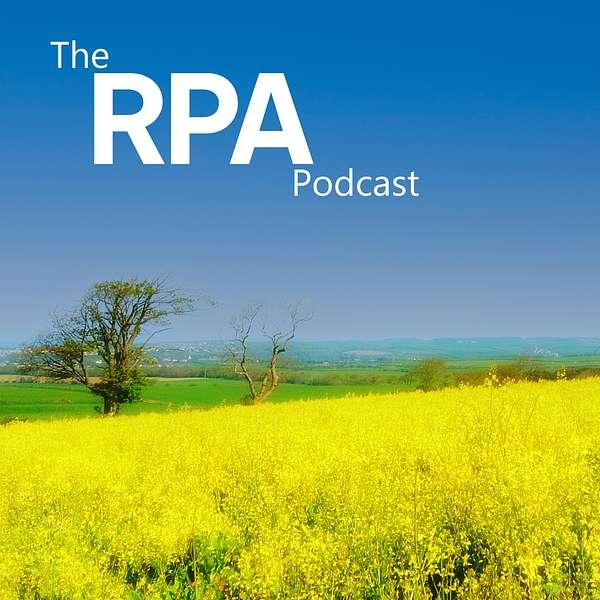
Stay up to date with us
Subscribe to our free monthly newsletter
If you don’t already receive our monthly FAS newsletter, please visit farmingadviceservice.org.uk/signup and enter your email address into the newsletter sign-up box.
Alternatively, please email bookings@farmingadviceservice.org.uk, with ‘Register for newsletter’ in the subject line.
In line with data protection regulations, such as the General Data Protection Regulation (GDPR) and the UK Data Protection Act 2018, the FAS has updated its privacy policy to explain how your data is kept safe. To view the policy, please visit www.farmingadviceservice.org.uk/events/privacy/.